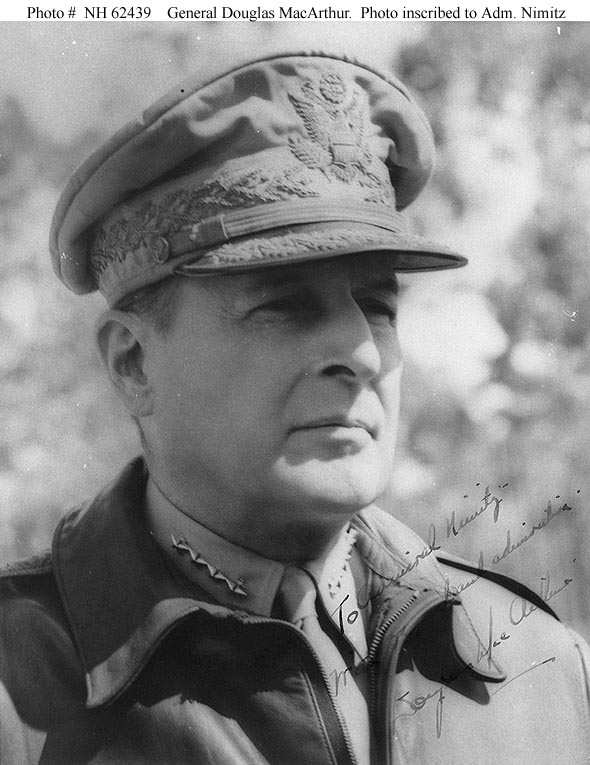How many great bosses have you had in your career? I’d bet many of us can count them on one hand (and maybe not use all of your fingers on that hand). Why? Why are there so few great leaders? I’d agree with the premise below – – the job has so many contradictory demands that must be kept in balance…
“…Douglas MacArthur…unquestionably the most gifted man-at-arms this nation has produced, was no unidimensional soul. He was a great thundering paradox of man, noble, and ignoble, inspiring and outrageous, arrogant and shy, the best of men and the worst of men, the most protean, most ridiculous, and most sublime…Flamboyant, impervious, and apocalyptic…For every MacArthur strength there was a corresponding MacArthur weakness.
…We contend that all of us, executives included, are a little like MacArthur. We are contradictory, paradoxical, and miscellaneous jumbles of vices and virtures. And this is why balance is so basic. Every strength can also turn out to be a weakness, and great strengths or weaknesses can grow unjustifiably overblown. The issue is the particular combination of strengths and weaknesses a person brings to a particular situation. For executives, these balances often appear to be basic contradictions, surfaced by contradictory demands on the job:
…So balance is not a scorecard of lessons, with two checked in every column. Balance is not something attained all at once and then owned forever. As we mean it, balance reflects fundamental tensions that, over the years, get out of whack. When something gets unbalanced, we have to learn in order to get it back under control.”
I’m grateful to David Kanigan for alerting me to this thought provoking piece. I have recently come across his Blog “Lead.Learn.Live.” and recommend it highly.
Orginal Sources: “The Lessons of Experience: How Successful Executives Develop On the Job.” By McCall, Lombardo, and Morrison
Photo: US Naval Historical Centre




When I was Director of a national big boat sailing charity I found that behaving in a leaderly fashion and tempering the big decisions with compassion and thoughtfulness was an ever-present tension. What some saw as weakness, others perceived as strength.
Mind you – I quickly learned that when the Director was included in an invite to the pub in celebration of a birthday or other event, my role was to be there early, buy a round of drinks and then disappear – because the staff wanted the opportunity to talk about me, not with me…
Could be quite lonely, sometimes!
Its difficult enough to get that balance right and then on top of that realizing that the balance is different for every situation! But if you are always trying to balance are you really leading? Or following? Because any great change would require a great imbalance?
Michael, thank you. Dave
And surely it is those human vulnerabilities which cause us to like and be inspired by the truly Great Leaders? By revealing their inadequacies, they show us how that we can contribute to, and so be part of, their success.
Couldn’t agree more, Dave. I think it’s called Authenticity?